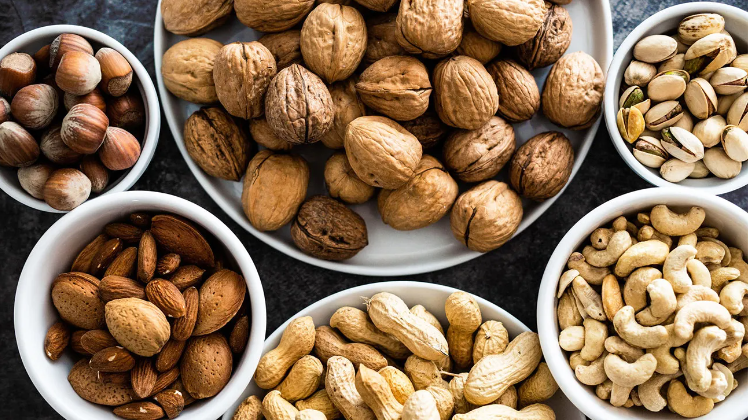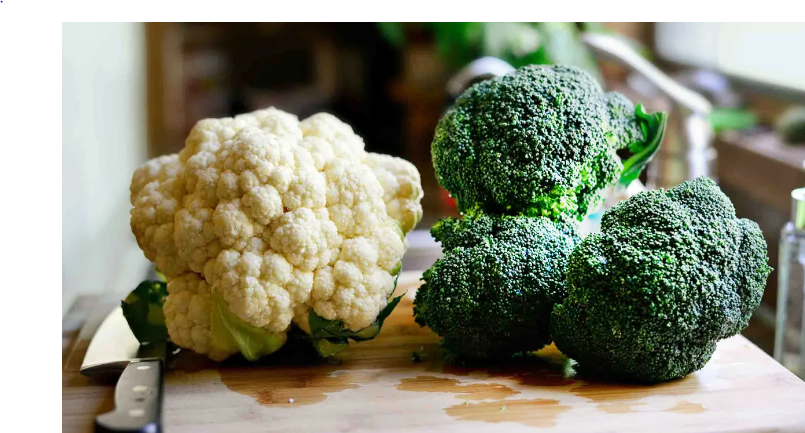Mineral-rich foods include nuts, seeds, shellfish, cruciferous vegetables, eggs, beans, and cocoa. Here are 16 foods that are rich in minerals.
1. Nuts and seeds

Nuts and seeds are packed with an array of minerals but particularly rich in magnesium, zinc, manganese, copper, selenium, and phosphorus (3Trusted Source).
Certain nuts and seeds stand out for their mineral content. For example, just one Brazil nut provides 174% of your daily selenium needs, while a 1/4-cup (28-gram) serving of pumpkin seeds delivers 40% of your daily magnesium needs (4Trusted Source, 5Trusted Source).
Whole nuts and seeds make a convenient, nutrient-dense snack, while nut and seed butters can be incorporated into smoothies and oatmeal or paired with fresh fruit or vegetables.
2. Shellfish
Shellfish, including oysters, clams, and mussels, are concentrated sources of minerals and packed with selenium, zinc, copper, and iron (6Trusted Source).
Consuming 6 medium-sized oysters (84 grams) covers your daily needs for zinc and copper and provides 30% and 22% of your daily needs for selenium and iron, respectively (7Trusted Source).
Zinc is a nutrient that’s essential for immune function, DNA production, cellular division, and the production of proteins (6Trusted Source).
Pregnant and breastfeeding women, those with gastrointestinal disease, people taking certain medications, adolescents, and older adults are populations that are at risk for zinc deficiency, which can impair immune response, hinder growth and development, and increase infection risk (8Trusted Source).
Shellfish provide a concentrated source of zinc and make a smart choice for those at risk of developing a deficiency in this vital nutrient.
3. Cruciferous vegetables

Eating cruciferous vegetables like cauliflower, broccoli, Swiss chard, and Brussels sprouts, is associated with numerous health benefits, including the reduction of chronic disease (9Trusted Source).
These health benefits are directly related to the nutrient density of these veggies, including their impressive concentration of minerals.
Cruciferous vegetables, including broccoli, kale, cabbage, and watercress, are especially rich in sulfur, a mineral that’s necessary for cellular function, DNA production, detoxification, and the synthesis of glutathione, a powerful antioxidant produced by your body (10Trusted Source, 11, 12Trusted Source).
In addition to sulfur, cruciferous vegetables are a good source of many other minerals, including magnesium, potassium, manganese, and calcium (13Trusted Source).
4. Organ meats
Although not as popular as protein sources like chicken and steak, organ meats are amongst the most mineral-dense foods you can eat.
For example, a slice (85 grams) of beef liver covers your daily copper needs and provides 55%, 41%, 31%, and 33% of your daily needs for selenium, zinc, iron, and phosphorus, respectively (14Trusted Source).
Additionally, organ meats are high in protein and vitamins, including vitamin B12, vitamin A, and folate (14Trusted Source).
5. Eggs
Eggs are often referred to as nature’s multivitamin — and for good reason. Whole eggs are rich in nutrients and provide many important minerals.
They’re high in iron, phosphorus, zinc, and selenium, as well as many vitamins, healthy fats, antioxidants, and proteins (15Trusted Source).
Although many people avoid egg yolks due to their cholesterol content, the yolks contain nearly all of the vitamins, minerals, and other beneficial compounds, so make sure to eat the whole egg, not just the white (16Trusted Source, 17Trusted Source)
Tarikh Input: 25/08/2023 | Kemaskini: 13/09/2023 | aslamiah
PERKONGSIAN MEDIA


























